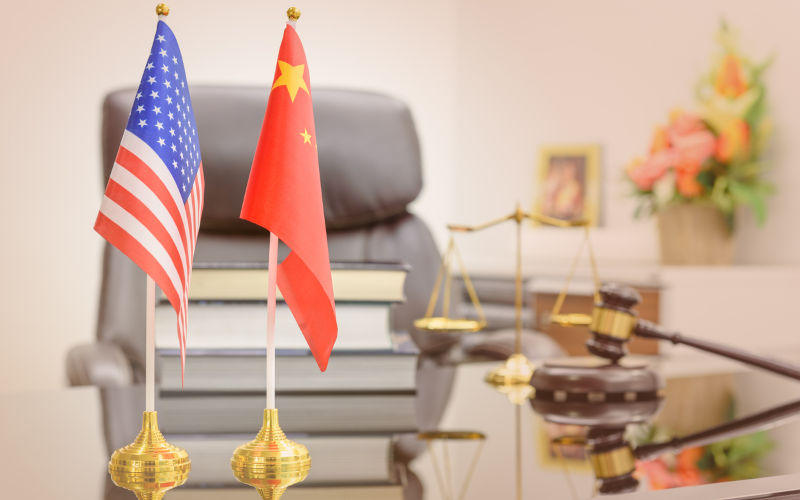US primacy is desirable but it is not a vital Australian interest
December 14, 2022
We are now in a world where the competition for primacy between the US and China is a defining feature of our strategic environment. That competition will co-exist with the emergence of a more multipolar region where large powers such as India, Japan and Indonesia will also seek to assert their own interests. It will likely be many decades before this complex dynamic finds a settling point and in the meantime Australia will have to learn how best to chart its own course and advance its own interests.
There is little in our strategic history or culture which prepares us for this challenge. Australia has had the remarkable advantage of coming to age and prospering as a nation in a world where the strongest global power has also been our closest strategic partner, first the UK and then the US. If strategic policy were wishful thinking we would want this to last forever.
But foreign and strategic policy starts not with the world we wish for but the world we face. And so we will have to come to grips with a profound question: is the preservation of US strategic primacy a vital Australian interest? Or, to put it another way, is the loss of US primacy an existential threat to Australia because ultimately that is what defines a vital interest.
For Australia, a US led world or regional order is certainly better than a China led world or regional order. But that does not make it a vital Australian interest and to frame it as such would, in my view, be a serious mistake.
Smart policy focuses most on what you can control and the truth is we can only have a marginal influence on whether the US or China emerges as the primary power in our region and beyond. To write off the US is to ignore history and the remarkable strengths of the US system, even discounting for its disturbing domestic political dysfunction. And straight line projections of Chinese power defy the messy trajectories of rising powers and the depth of the economic and political challenges that China faces.
It is not moral equivalence to concede that we do not know which country will triumph in the contest for primacy. Nor is it an abandonment of the alliance to assert that the maintenance of US primacy, however desirable, is not a vital Australian interest.
If we tether ourselves to the cause of US primacy we leave ourselves exposed to US policies which may make sense for the US but not necessarily for Australia. We risk structuring our defence forces to fight alongside the US rather than primarily for the defence of Australia. We risk buying into a narrative of democracy versus autocracy which however inspiring misreads the strategic and historical drivers of Chinas actions and which has little resonance in our region. We risk paying the price for a strategy which is not ours and over which we have little control. And that price could rise all the way to being dragged into a war which may not be in our interests.
Fortunately calls to prepare for war have receded more recently. Wherever you stand on Taiwan we should be doing everything we can to avoid a war over it because that is a war between two nuclear powers at the fulcrum of the global economy. But the idea that China can without provocation forcefully take over Taiwan in the name of a one China policy would be an act of aggression which should not stand unchallenged. If Australia is to help meet that challenge it should be not to preserve US primacy but to defend a principle which is fundamental to our own interests.
Instead of primacy we should focus on a balance which favours our interests. We should be looking for a new strategic equilibrium that improves our room for manoeuvre and which both engages and constrains China. We should build up collective mechanisms such as the Quad which signal that China does not have a clear run at recreating its version of the Middle Kingdom. We should deepen our strategic relationships in South East Asia and consolidate our position as partner of first choice in the South Pacific. We should also see what we can salvage of regional institutions because notwithstanding the deepening strategic fault lines we also face common regional challenges.
None of these objectives rest on US primacy. Australia should support a strong enduring US commitment to the Indo Pacific. And we should hold firm to the US alliance, not because it will come to our rescue in all circumstances, but because it can help us in the defence of Australia. The alliance has value, as a deterrent, a source of sophisticated defence technology and intelligence even if the US is no longer the predominant power in our region.
Above all, we should have more confidence in ourselves. We are not a lonely country but we will have to do more to make our own way in a much more complicated world. No one can do that for us, not even a US which holds on to its primacy. That should be the starting point of Australian defence and foreign policy.
